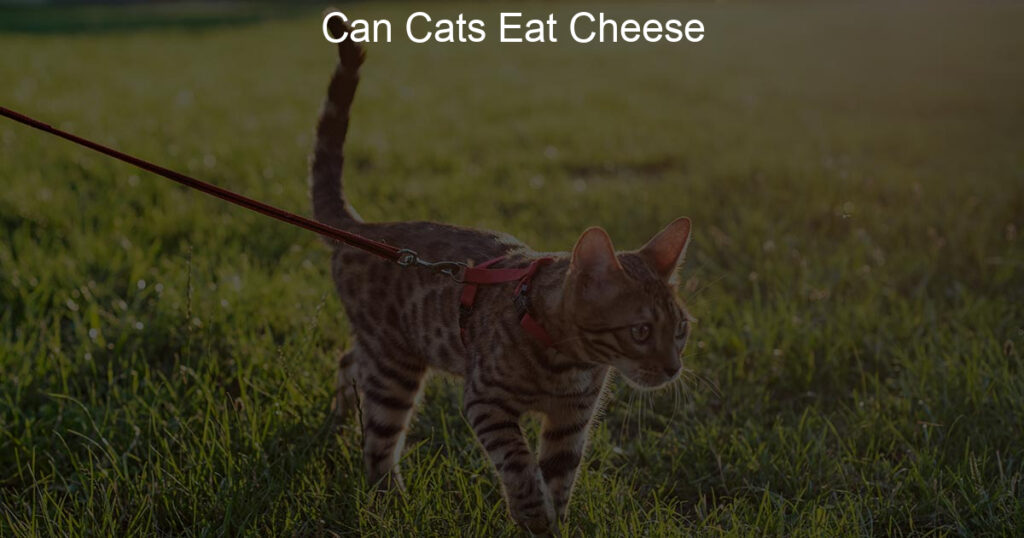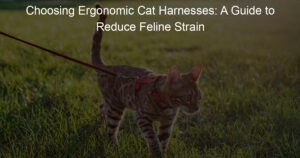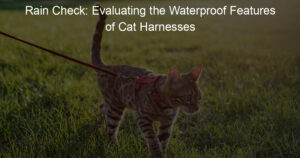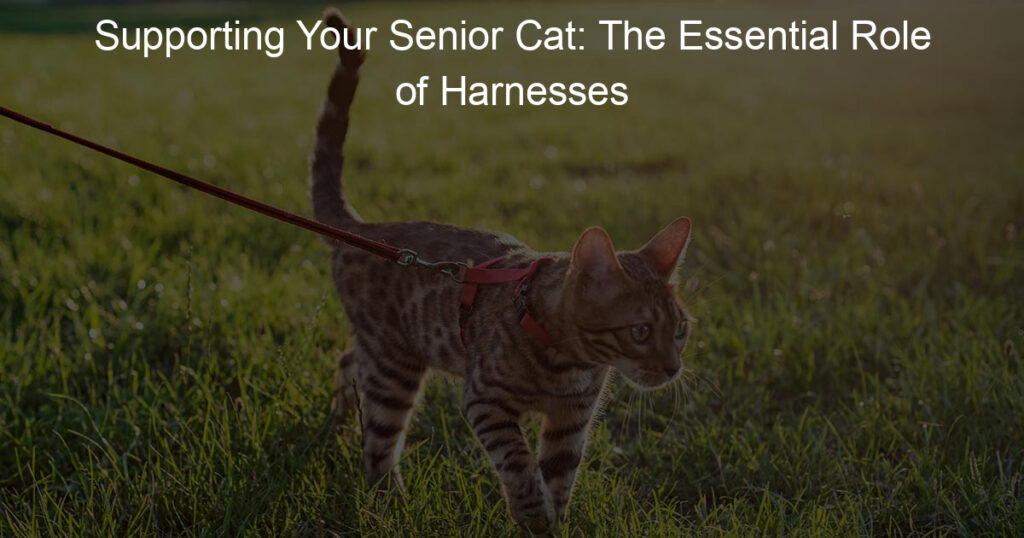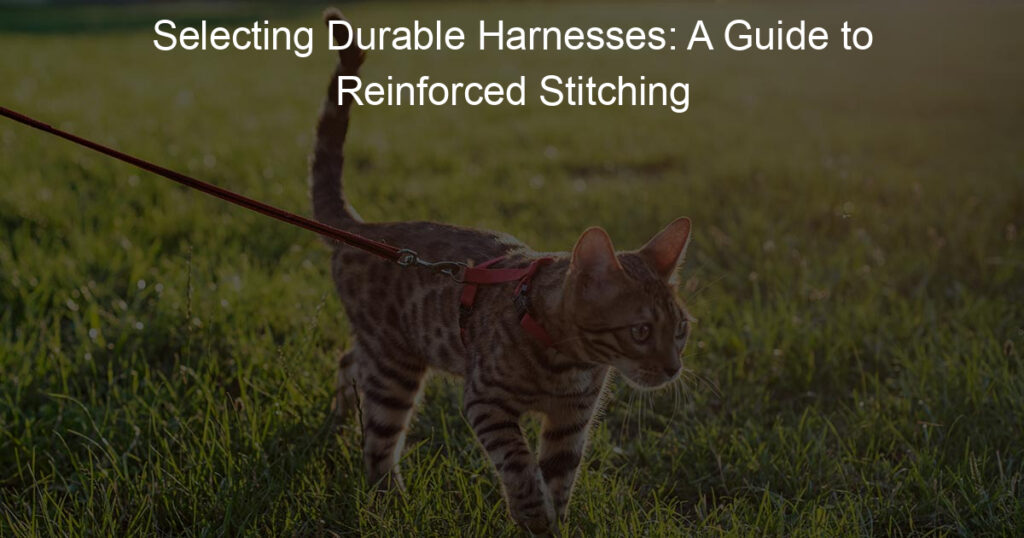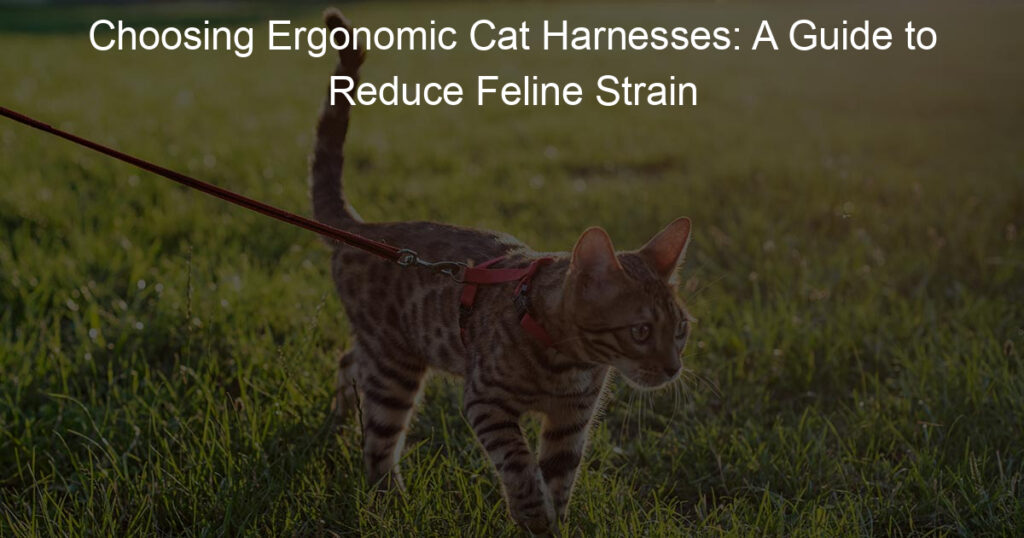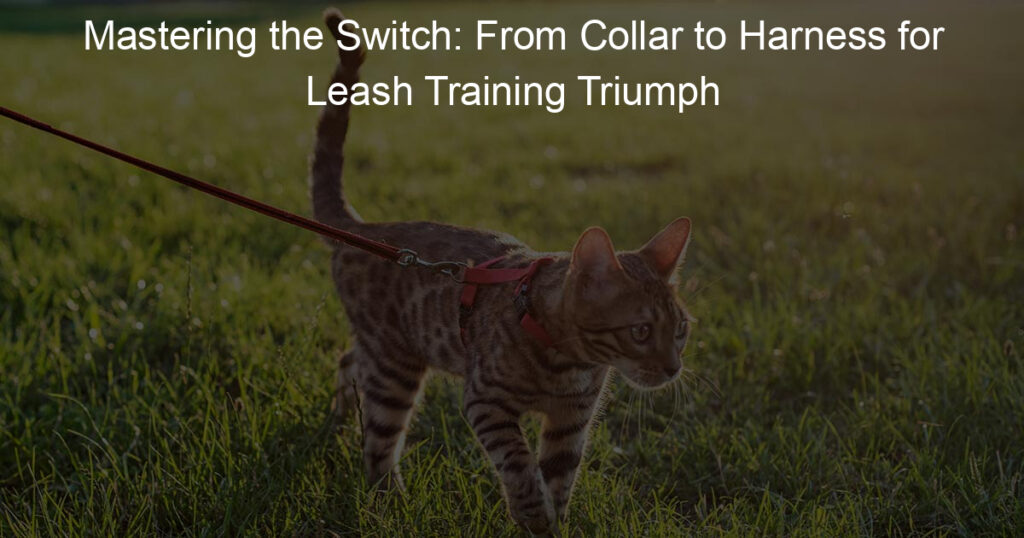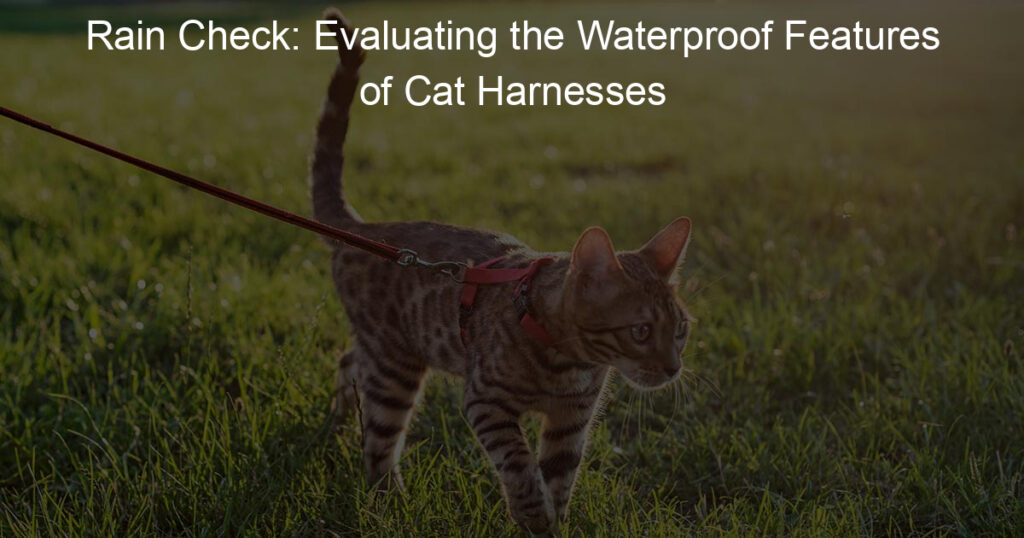Cats are notoriously finicky eaters, and if you’ve ever seen the variety of foods on offer at the pet store, it’s easy to understand why.
Cheese is a common dietary staple for humans around the world, but not all cats would enjoy sampling this savory treat. So can cats eat cheese safely? The short answer is yes – in moderation – as long as certain requirements are met.
In this post, we’ll discuss why cheese isn’t always safe for cats and how to determine which types they can safely consume.
What happens if my cat eats cheese?
It’s no secret that many cats love cheese, but it is important to monitor your cat’s diet and ask your veterinarian before offering any new type of food. While cheese may provide a quick snack for a hungry kitty, it can also lead to unhealthy weight gain and stomach upset.
In some cases, if too much cheese is consumed over a long period, cats may develop lactose intolerance. Symptoms of lactose intolerance include vomiting, diarrhea, and flatulence. Therefore, while it is okay to give your cat an occasional treat of cheese, moderation is key, and long-term health concerns should be taken into consideration.
Can kittens eat cheese?
While many cats love to snack on cheese, it is important to remember that kittens have delicate tummies and should not eat cheese. Cheese can contain a lot of salt and fat which may be difficult for the kitten’s stomach to digest.
If you decide to feed your kitten cheese, always opt for low-fat varieties such as cottage cheese or cream cheese, and serve only a small portion per meal. In addition, ensure you are giving your kitten other food sources like wet food and dry kibble to make sure they’re getting all the nutrients they need. Always consult with your veterinarian before introducing new foods into your kittie’s diet.
Can all cats eat cheese?
Although many people believe cats love cheese, the truth is that not all cats can eat it. Cheese can cause digestive issues and allergic reactions in some cats, so owners should always do research before feeding their pets any type of new food. Cats may enjoy the taste of cheese, yet if their digestion systems are sensitive, it’s important to find a healthier alternative. If you suspect your cat is having an adverse reaction to cheese, consult a veterinarian right away.
What cheese is safe for cats?
While cats can technically eat cheese, it’s not hugely recommended for them due to their sensitive digestive systems. That said, if you want to let your cat have a taste of cheese once in a while, certain types are safe.
For instance, plain cream cheese or ricotta are both safe options. Additionally, low-fat cottage cheese is an option commonly recommended to give cats as it is high in protein and calcium which both help cats stay in peak condition mentally and physically. Ultimately as long as the cheese you feed your cat isn’t processed or full of additives, then it should be safe for your feline friend to try!
How much cheese can a cat eat?
Cheese is an exciting food that can be enjoyed by cats. While cheese can make an excellent snack, it’s important to be mindful of how much a cat can consume. Most cats enjoy small amounts of mild-tasting, low-fat cheeses such as cottage cheese or cream cheese. Some cats may tolerate more intense types of cheese, such as cheddar or gouda; however, it’s important to consult a veterinarian before giving these types of cheeses to a cat.
Cheese should never comprise the bulk of their diet but instead, be used sparingly as a treat. As with all treats, moderation is key; cats should never eat more than one ounce (or two tablespoons) of cheese daily.
Bottomline: Can Cats Eat Cheese?
To wrap it up, cats can eat cheese in moderation, but only certain kinds. It’s recommended to steer clear of string cheese and other hard varieties as they could cause stomach problems. Soft cheeses like cottage cheese are better as they offer some health benefits like protein and calcium which your cat needs in their diet.
However, caution should be taken with dairy products. Too much cheese can lead to cramps, digestive issues, and weight gain. Feeding them small amounts of cheese over time is a great way to give your cat the nutrients their body needs without harming them. Ultimately, if your cat enjoys eating cheese, make sure you’re feeding them the right kind!

